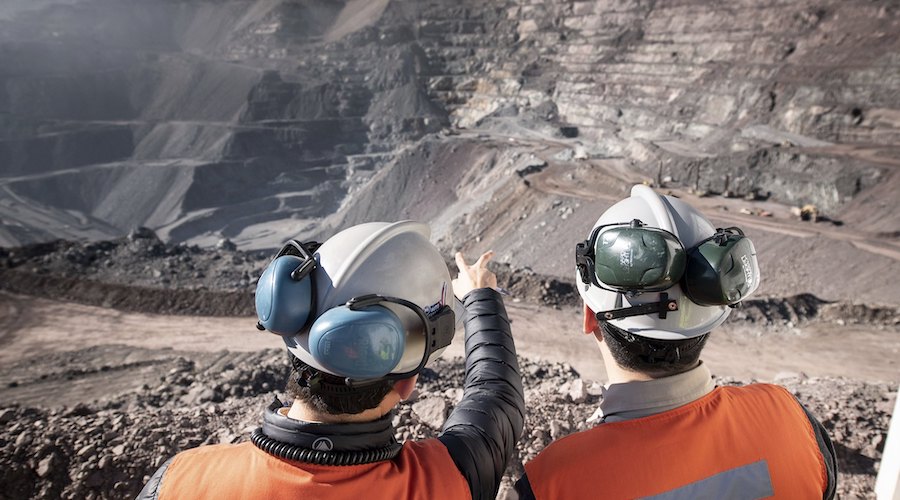Mining is an essential aspect of our world. It’s used daily by industries and the government. People who work in the mining industry keep the world running. That’s why it’s important to understand what they do. Most people work in the mining industry, but only a few are engineers. Anyone can become a civil engineer if they put some effort into it.
Mining is one of the largest industries worldwide.
The mining industry employs many people and contributes a lot of income to many countries. Miners dig new holes or work on improving old ones. They also place machines in mines to extract resources such as gold, diamonds, coal, and more. Like other industries, the mining industry is subject to modernization and change. Companies try to stay innovative and update their processes to gain more profit from their resources. A lot of people work in the mining industry, but not all of them are engineers.
The mining industry often only requires a bachelor’s degree in civil engineering from prospective candidates.
You can manage without getting any further education, but it will help you get hired. It is a prerequisite for employment at several mining firms that you have previous experience in the industry. Several interconnected disciplines may serve as stepping stones to this field of work. Transportation, hydraulics, and structural engineering all fall under one umbrella. Other fields that could lead to work in this sector are hydrology, geomechanics, building, and economics.
Many civil engineers typically work for mining companies.
These companies mine resources such as gold, diamonds, platinum, copper, and more. They also build infrastructure for mining areas, such as processing plants and ports for transportation. Many civil engineers work for the government, either directly or indirectly by working for private companies. They all have a role in supplying resources essential to the survival of mankind.
There is a wide range of potential work for civil engineers in mines.
Planning, designing, and supervising the construction of structures like mine shafts are all part of the job. Engineers must also apply their knowledge to the interpretation of topographical and geological data found in maps, survey reports, and construction designs. As a civil engineer, you can be in charge of supervising building or land surveying projects. In addition to performing tests on materials and inspecting construction sites, this position may include writing reports for the public or offering technical advice. There is a wide range of tasks that might be assigned to you in this job. So, if you wish to be more precise and explore what’s in the bag for you in this vast industry, connecting with a global tech firm, such as Plotlogic, gives you real-time access to detailed information on the location and composition of every rock in your mine.
Most people become civil engineers by working in mines overseas for mining companies.
If you’re considering a career change, civil engineering in mining might lead to opportunities worldwide. Companies in Australia offer a wide range of mining projects, both big and small. There are openings throughout North America, such as in the United States and Canada. These companies extract valuable minerals such as gold and diamonds from mines overseas. The job is very risky but also very profitable. Miners have a lot of freedom to explore new areas and use new methods to gain more mineral wealth. People often choose to become miners because it’s a very lucrative career path with good pay and benefits.
You may work your way through the ranks quickly from site engineer to project manager in the mining industry.
Opportunities to lead others and advance in your current organization are many. Supervising and directing workers on construction projects allows you to command a good salary and see immediate results. If you’re a civil engineer looking for a change of pace, a solid salary, and the possibility of advancement, the mining business is a great option.
To Wrap It Up
Working in the mining industry can be a lucrative career path for anyone willing to put in the effort required. Many people work in this industry, thanks to its constant need for resources necessary for our day-to-day lives.

